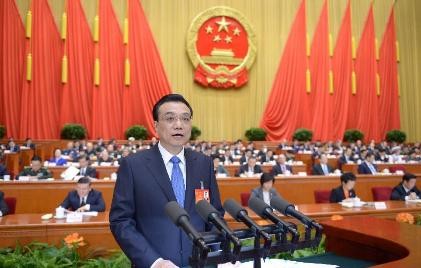China has suspended on March 12 the reading of the draft on counter-terrorism law at National People's Congress, which U.S. officials saw as a good sign for Western businesses, Reuters reported.
On March 2, U.S. President Barack Obama had personally expressed his concern with President Xi Jinping over the proposed anti-terrorism bill which allows Chinese authorities access to tech companies' vital information. The U.S. considers China's new cybersecurity rule as a barrier to doing business in the one of the world's largest economies.
U.S. officials welcomed China's postponement of the draft bill. In a Webcast of a discussion at the Information Technology and Innovation Foundation on March 12, White House cybersecurity coordinator Michael Daniel said: "We did see that as something that was bad not just for U.S. business but for the global economy as a whole, and it was something we felt was very important to communicate very clearly to them."
On March 9, China Central Television reported that Wang Aili, a senior official with the Chinese National People's Congress Standing Committee's legislative affairs commission, said that the draft bill was not lined up for reading and deliberation in the annual session, but reassured the media that the third reading and voting will be tackled at any time in the future.
An industry insider told Reuters that China's move gave tech companies "some breathing room, but not complete relief" since the standing committee, not the plenary, can tackle the bill any time. Others remain optimistic, saying that China cannot afford to lose business investors if they withdraw.
It remains unclear when the bill will be tackled, Reuters reported.
The National People's Congress published the initial draft of the bill last year, which required companies to provide China with key server information and user data, allowing government access to communications records and giving opportunity to censor Internet content involving terrorism.



























